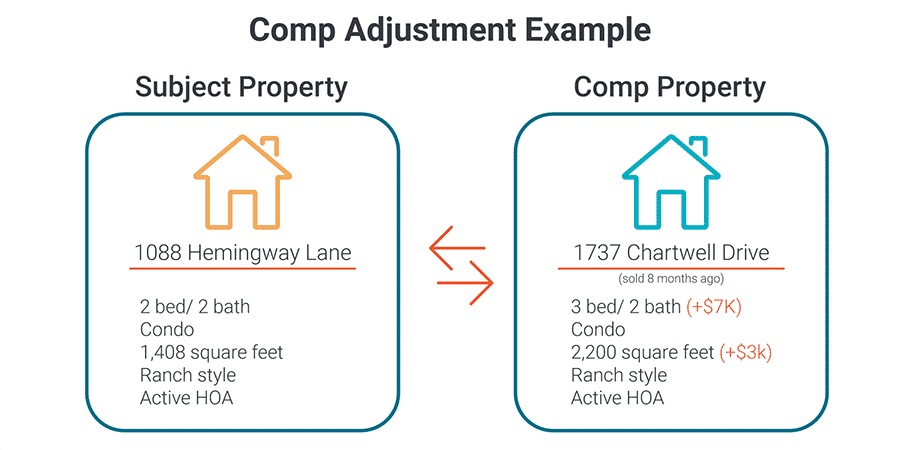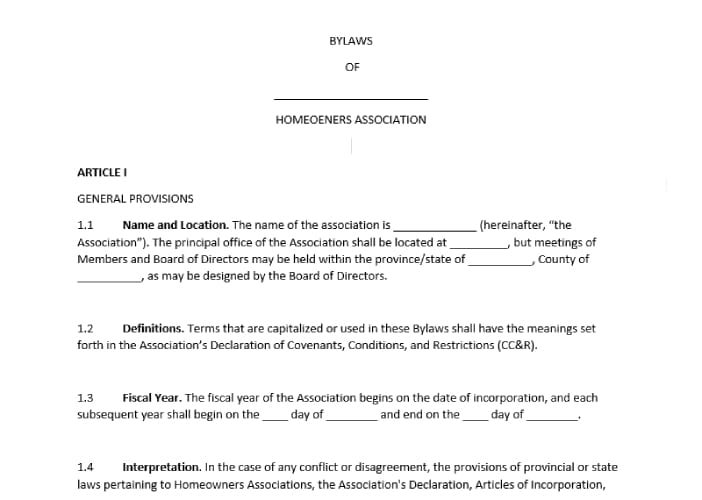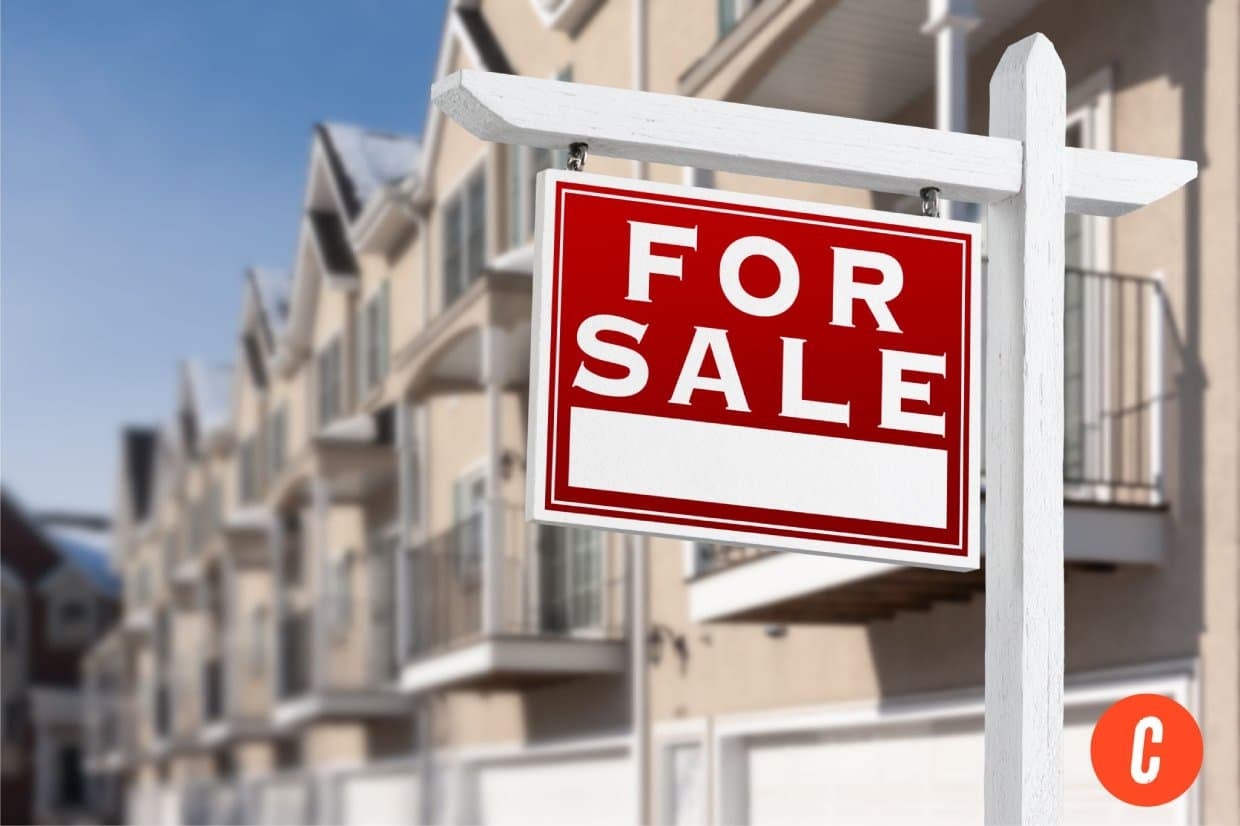As a real estate broker in NYC for over 20 years, most of my brokerage practice involves working with clients buying or selling a condo. The key to success when specializing in condominium sales is understanding the intricacies of the condo market inside and out so that you can artfully guide your seller clients through a smooth and profitable transaction. I’ll focus on seven key areas for real estate agents to navigate the condo sales process effectively, from conducting thorough market analyses to mastering the art of negotiation.
1. Conduct a Comparative Market Analysis That Compares Apples to Apples
Conducting a comparative market analysis (CMA) is the first critical step when perfecting how to sell a condo quickly. This analysis provides the data needed to set a competitive price point by comparing similar units recently sold in the area. A well-priced condo attracts the right buyers and sets the stage for a successful sale. The size, location, age, amenities, and current market trends will significantly develop the condo’s trading range.

As a broker, one (of the many) things I often say to my clients is that we must compare apples to apples rather than apples to oranges when creating our CMAs. While I understand clients adore their homes, we cannot compare a condo in a 40-year-old building to a condo in the neighborhood in a new development that has just been completed. Older condos may have unique historical features or need more upkeep than new, modern condominiums. An inaccurate CMA is one of the reasons why a listing isn’t selling, so following the guidelines for conducting a proper CMA is paramount to the success of selling a condo.
Need to brush up on how to do a CMA? Check out our step-by-step guide to creating a comparative market analysis.
2. Prep & Stage the Condo for Sale
Prelisting preparation is critical. During your listing consultation, it is ideal to walk through the property and note adjustments that need to be made. In discussions with your client, discuss which investments to make to improve the property’s appeal. Also, use the comps to support your premise (and if there is not a direct comp, use case studies related to your previous transactions!).
- Use light, neutral colors to brighten rooms and create a welcoming atmosphere.
- Arrange furniture to showcase a functional layout and highlight the condo’s best features, such as unique architectural elements.
- Incorporate green plants or floral arrangements.
- Ensure the condo is spotless by getting a deep clean (this includes windows!).

Staging plays a pivotal role in condo sales. When done effectively, staging enhances the appeal of the condo, aiding potential buyers in envisioning how they might live in the home. Tips for staging condos include decluttering, optimizing the layout, and highlighting unique features of the unit. You may also consider a staging consultation as part of your selling process.
If you are considering virtual staging, check out ApplyDesign. ApplyDesign is an easy-to-use app that allows anyone to stage their listings quickly. It is one of the only virtual staging apps on the market that will still enable agents to do their virtual staging. It includes many tasteful, high-quality renderings of furniture, art, lighting, rugs, plants, and other home furnishings.
3. Review the Rules & Regulations With the Condo Board
Part of learning how to sell a condo is understanding the bylaws and working with the condo board. Navigating condo association rules effectively requires clear communication and a proactive approach. Start by thoroughly reviewing the condo association’s bylaws and regulations. Obtain all necessary documents, such as the rules and regulations, meeting minutes, and financial statements, that potential buyers might request. It’s also essential to communicate with the condo association early to understand any restrictions on selling, required approvals, or fees that might affect the sale.
Being well-informed allows you to guide your clients through the process smoothly and avoid surprises. Enlist your seller to help get the documents. Having everything ready in a digital format to share easily upon request/as needed is super helpful.

During the listing consultation, I discuss with sellers the documents they need and what to ask their board or property manager for so that we have all the necessary documents and understand the process. I am glad to interact with the property manager, as building relationships goes beyond buyers and sellers and extends to affiliated professionals associated with the condo building.
4. Craft a Compelling Marketing Plan
Some of my all-time favorite questions to ask a seller center around their why for choosing the property, and often, those answers can become the key part of the story that sells the property. A compelling narrative is essential to attract potential buyers as part of a comprehensive real estate marketing plan.
Your mix of strategies may be diverse, incorporating digital strategy into more traditional modes like flyers and postcards. However, integrating both can be a highly effective method of positioning and promoting the property to the largest audience.
Here are a few to consider:
- Organize a broker open house before listing the property on the MLS to generate buzz.
- Create a virtual tour video that walks potential buyers through the property.
- Post your condo listing on social media as a “coming soon” teaser and when it is on the market.
Think of the layers of what you and your firm bring to the table when marketing a property, and present your plan to your client as your unique value proposition (USP).
5. Facilitate Showings & Open Houses
Showings and open houses are opportunities to make a strong impression when selling a condo. Schedule these events strategically to ensure the condo is presented in the best light. Combined with home staging, consider how the most impressive rooms with the best features look at various times of the day and night. Include fresh flowers, flyers, sign-in sheets, and your business cards. You can strategically place these items where buyers will pick them up—kitchen counters, bedside tables, and bathroom vanities are all good places to leave materials.
Notice the strategic use of lighting with the gorgeous chandelier and city lights amplifying the cozy bedroom in the photo below. Imagine how prospective buyers would feel owning this room or sitting on the chaise with a cocktail nightcap. If the daytime lighting is right, bright, sunny kitchens and baths, like the one in the second photo, also appeal to condo buyers.
Be prepared with all the relevant details to quickly answer any questions about the condo, the building’s amenities, and its regulations. For example,
- Were there recent upgrades?
- How much are the homeowner association (HOA) fees?
- What amenities are included, e.g., pool, shopping, fitness center, valet parking?
- Who is responsible for common area upkeep?
- How many units are in the condo complex?
- Provide a copy of the most recent bylaws.
📌 Pro Tip
A creative idea for open houses is to invite the neighbors just before the first open house for a special preview. This strategy is a great way to showcase your expertise as a listing agent and possibly generate more listings for your business.
6. Negotiate Offers & Close the Sale
You can’t learn how to sell your condo listing without knowing how to negotiate and close. Effective negotiation skills are crucial in achieving the best outcome for condo clients. Work to secure a fair price and favorable terms and guide your clients through the closing process, ensuring all paperwork is completed accurately and on time. Having a clear understanding of your client’s goals and the next step in the journey can be very helpful in effectively negotiating the best price and terms for your seller.
Negotiating offers and sales with condominiums differs slightly from residential single-family home sales. When buyers consider what they can afford, they need to factor in the HOA fees and any special assessments (unexpected fees condo owners may incur). These considerations will impact their offer.
7. Do Post-sale Follow-up to Foster Client Retention
According to the National Association of Realtors (NAR), 90% of buyers say they would use their agent again or recommend them to others, 87% of sellers say they would recommend their agent to others or use again, but only 65% percent of sellers used an agent they’d been referred to or previously worked with … probably because far too many agents never contact the buyer or seller again post-closing.
The relationship with your client doesn’t end at the sale. Post-sale follow-ups can lead to future prospecting opportunities like referrals and repeat business. Offer continued support and stay in touch, reinforcing your commitment to their satisfaction.
- Offer moving assistance.
- Provide a list of trusted service providers (think movers, locksmiths, painters, decorators, etc.), or simply check in to see how they are settling in, which can leave a lasting positive impression.
- Ask for feedback on your service to identify areas for improvement.
- Request recommendations/references/referrals to keep building your business.
- Plan a “goodbye” event for your sellers and provide refreshments, or host a housewarming for the incoming buyer.
- Celebrate anniversaries of their home purchase with a small gift or a personal note.
Being a consistent, helpful presence in your clients’ lives lets you nurture the relationship long-term and positions you as their go-to real estate advisor for future transactions or referrals.
FAQs: Selling a Condo
Do condos have good resale value?
Condos are a good investment, but they have some challenges when reselling. They sometimes carry a stigma of not being high-quality. This erroneous idea came from the 1970s and 1980s when builders established condo subdivisions quickly with contractor-grade materials. Also, some condo association fees can be costly, depending on the location, amenities, and what the market will bear. Some condo bylaws can seem overly restrictive, which deters buyers in the resale market.
What time of year is best to sell a condo?
The best time of year to sell a condo is spring. It is no different from selling a single-family home. Spring is a good time because more buyers start looking for homes. However, to maximize pricing, list the condo in late winter to have first dibs on buyers and command the best price while inventory is slower.
Bringing It All Together
Learning how to sell condos requires a unique approach. You must combine your thorough market knowledge with a keen understanding of the condo rules and execute effective integrated marketing strategies to appeal to qualified buyers. By following these seven key actions, real estate agents can enhance their expertise, ensuring sellers and buyers navigate the condo sales process smoothly and efficiently.













Add comment